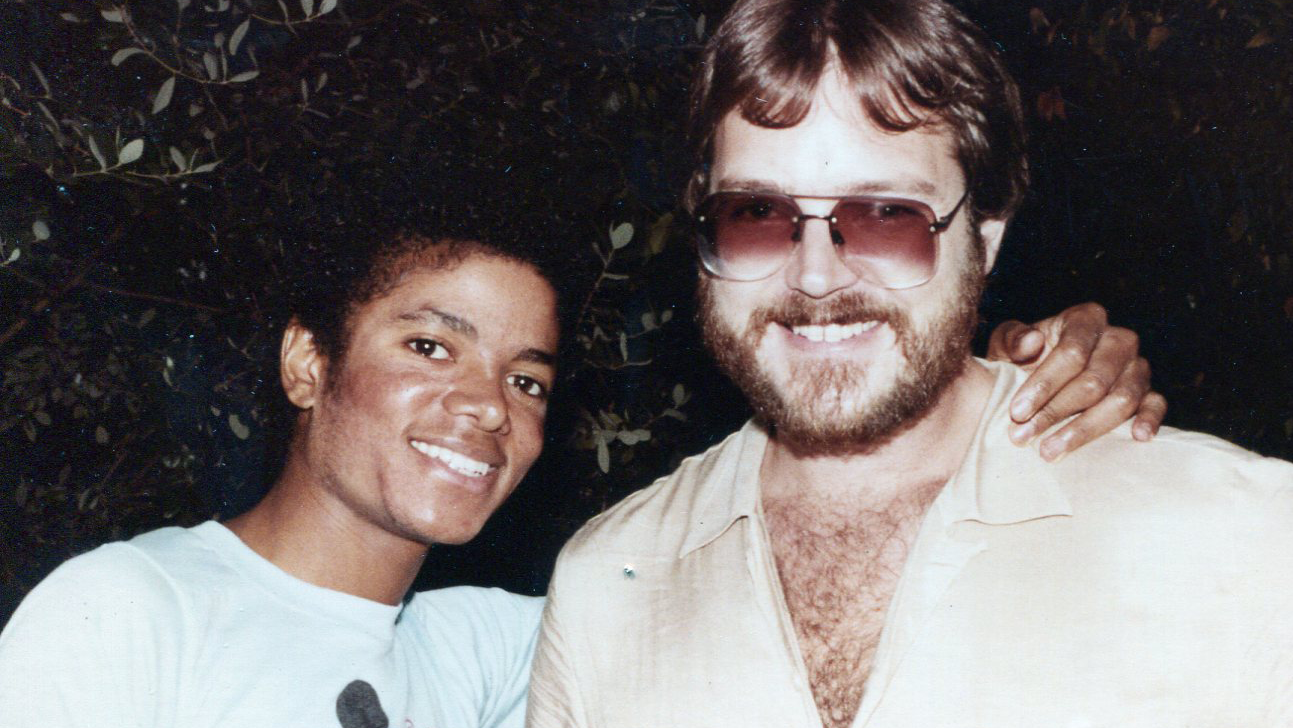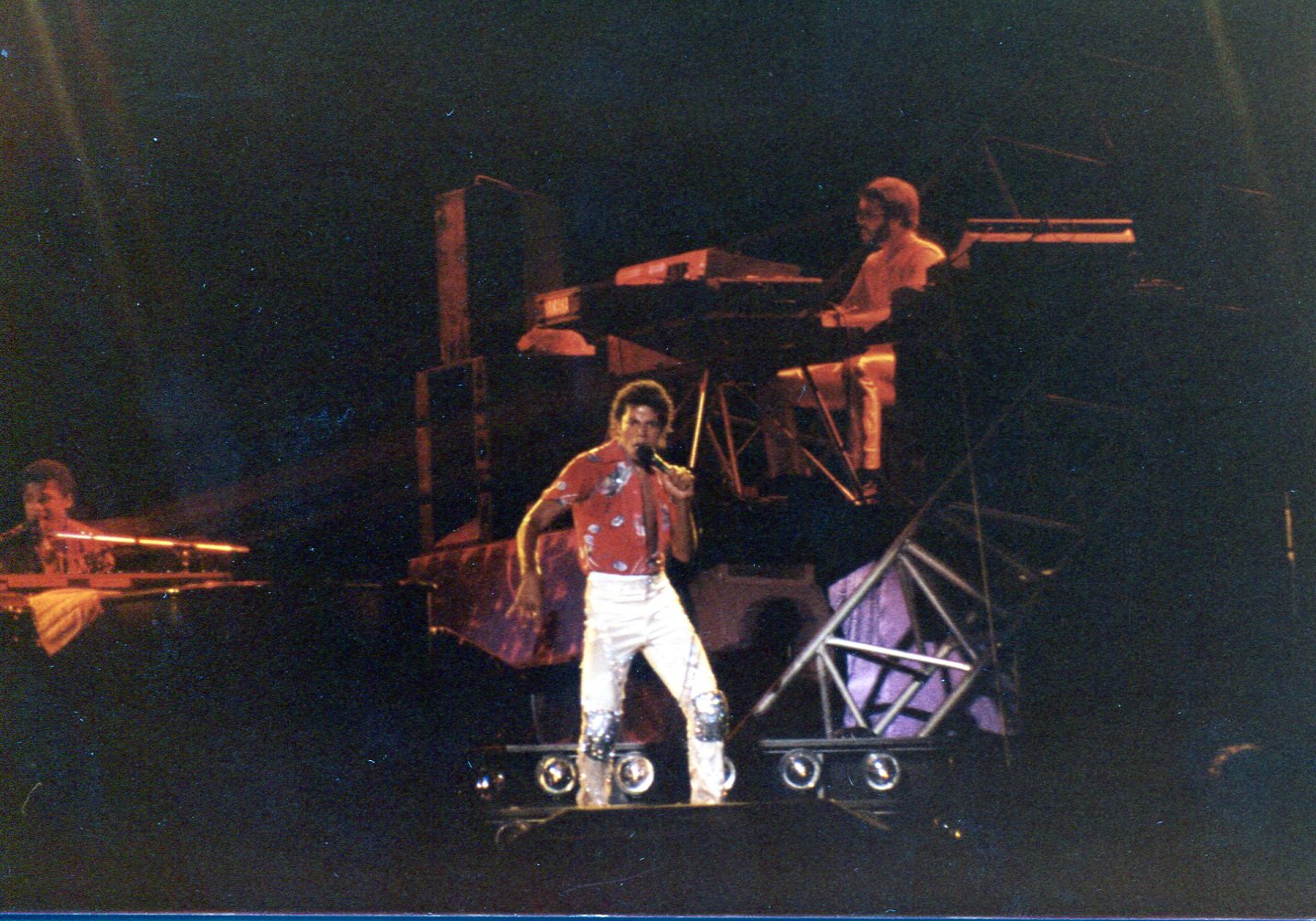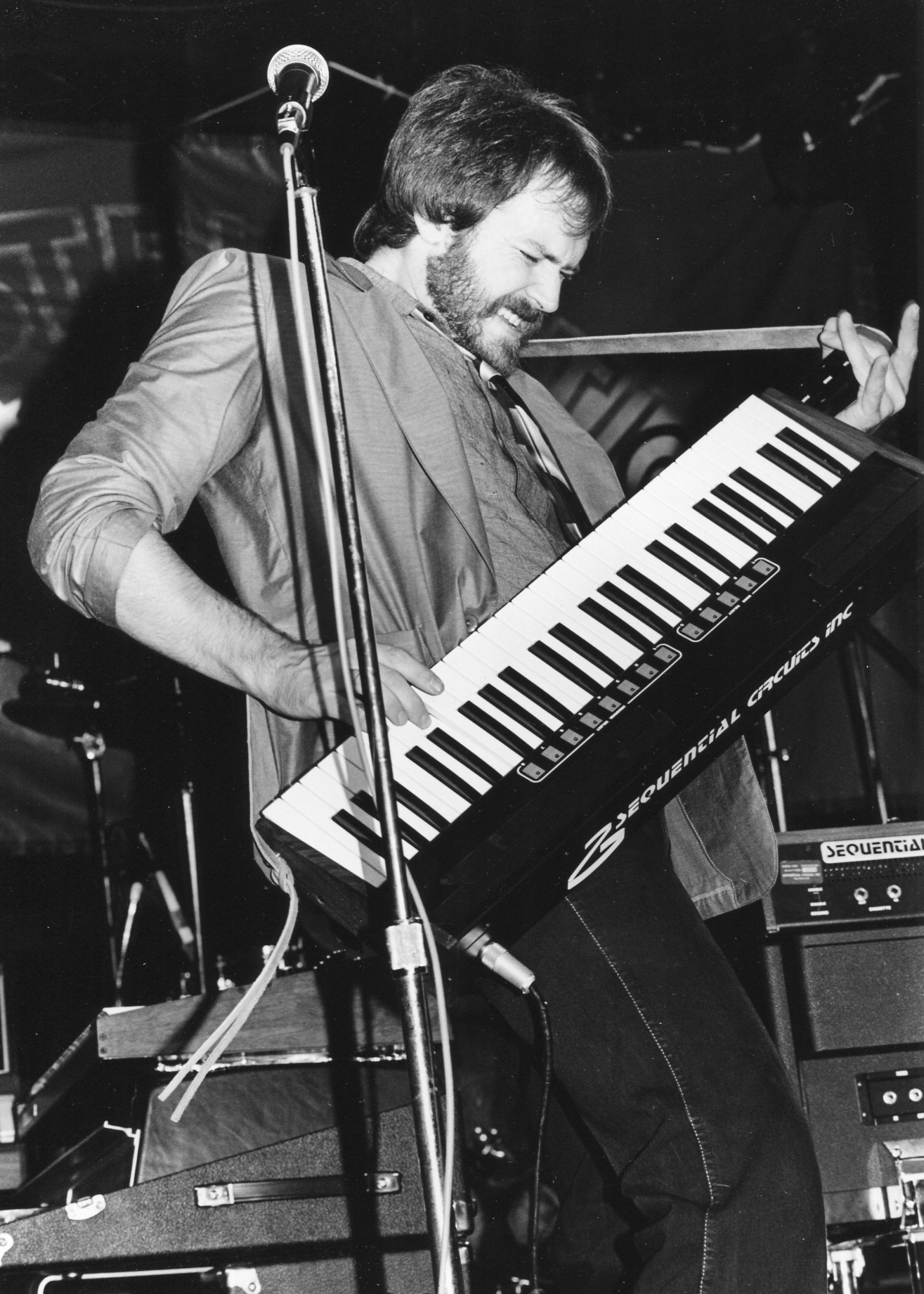Michael Jackson collaborator Bill Wolfer sets the record straight on "Billie Jean" synth sound: "Anyone could have played that part, but I'm proud of the fact that it was my sound design"
"Forty years later, I like to think back on that, and know that nearly everyone on the planet has heard me play. I'm the least famous musician that everybody has heard play!"

Want all the hottest music and gear news, reviews, deals, features and more, direct to your inbox? Sign up here.
You are now subscribed
Your newsletter sign-up was successful
Last week saw Michael Jackson's Thriller celebrate its 40th anniversary, as the album that's sold more copies than any other in musical history topped four decades on the shelves.
To mark the occasion, we shared a guide to five key synth sounds from Thriller, how they were made and how you can recreate them at home. In the article, we looked into the Yamaha CS-80 patches heard on "Billie Jean", one of Jackson's most widely known songs, sharing insights from a 2009 Keyboard Magazine interview with Michael Boddicker surrounding who played the synth parts heard in the song, and how the patches were designed.
In the interview, Boddicker claimed that Jackson played the CS-80 parts in the studio, and that the chords heard on the song are doubled with a multi-track vocal take, giving them their unique sound. However, since we published the feature last week, musician Bill Wolfer has been in touch with us to dispute Boddicker's account.
Wolfer is a former session musician and solo artist known for working with Michael Jackson, Stevie Wonder, Finis Henderson and Jon Gibson, among others. He worked with Jackson on several tracks from Thriller, and is credited in the album's liner notes for playing keyboards on "Beat It", and playing and programming synthesizers for both "Wanna Be Startin' Something" and "Billie Jean".
In an email addressed to MusicRadar, Wolfer claims to be setting the record straight with regards to Boddicker's account of the "Billie Jean" sessions. "Boddicker was absolutely misremembering this," Wolfer told us. "Everyone who worked with Michael Jackson knows that he didn't play keys but a tiny bit, and never played them on a record!"
"I played the CS-80 chords on Billie Jean, both on the demo, and for the album," Wolfer continued. "The reason Michael called me to do it was that he had heard a sound I was fooling around with on a CS-80 when I was playing keyboards for him and his brothers on the 1981 Triumph tour. Anyone could have played that part, but I'm proud of the fact that it was my sound design, and it was for that reason that Michael called me to do it, to get that sound."
"Although Michael Boddicker was around on the other days that I worked on Thriller, I don't remember him being there that day," Wolfer recalled. "I don't know him well, but we got along fine when we were working the other times. Westlake was loaded with musicians: Greg Phillinganes, David Paich, Steve Porcaro, etc. It's just that Boddicker was doing zillions of sessions during that time, and he is simply misremembering this one."
Want all the hottest music and gear news, reviews, deals, features and more, direct to your inbox? Sign up here.
In addition to staking his claim to the synth parts on "Billie Jean", Wolfer also provided a detailed description of how exactly he programmed the sounds in question. "The sound was an attempt to do strings and brass at the same time using one voice of the CS-80 for strings, the other for brass. The strings are using fairly narrow pulse waves, with pulse width modulation for motion. The filter envelope has a slightly shorter release than the VCA envelope. When done with the right cutoff frequency and envelope amount, it simulates the slight reverb of a stringed instrument's body."
"The brass part uses a sawtooth wave, and I was going for a softer French Horn sound--not too brassy. Somehow, the combination of the two CS-80 voices created a vocal-like quality inadvertently. It was this odd near-formant quality that Michael liked about the sound. It sounds like singing 'who who.' As far as I know, Michael didn't sing the part as stated in the article. A lot of mythology has cropped up over the years."
Wolfer finished by doubling down on his statement that he is the synthesist behind the instantly recognisable CS-80 sounds that made one of the most popular songs in musical history. "What I'm most proud of, is that that's my sound. I created it. That's how I started out in recording sessions in LA, by programming synthesizers," he told us. "Now, forty years later, I like to think back on that and know that nearly everyone on the planet has heard me play. I'm the least famous musician that everybody has heard play!"




MusicRadar is the number one website for music-makers of all kinds, be they guitarists, drummers, keyboard players, DJs or producers...
- GEAR: We help musicians find the best gear with top-ranking gear round-ups and high-quality, authoritative reviews by a wide team of highly experienced experts.
- TIPS: We also provide tuition, from bite-sized tips to advanced work-outs and guidance from recognised musicians and stars.
- STARS: We talk to musicians and stars about their creative processes, and the nuts and bolts of their gear and technique. We give fans an insight into the craft of music-making that no other music website can.
